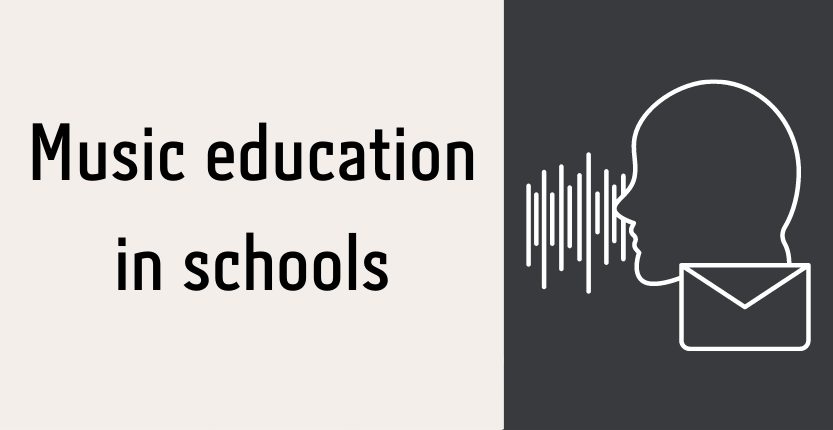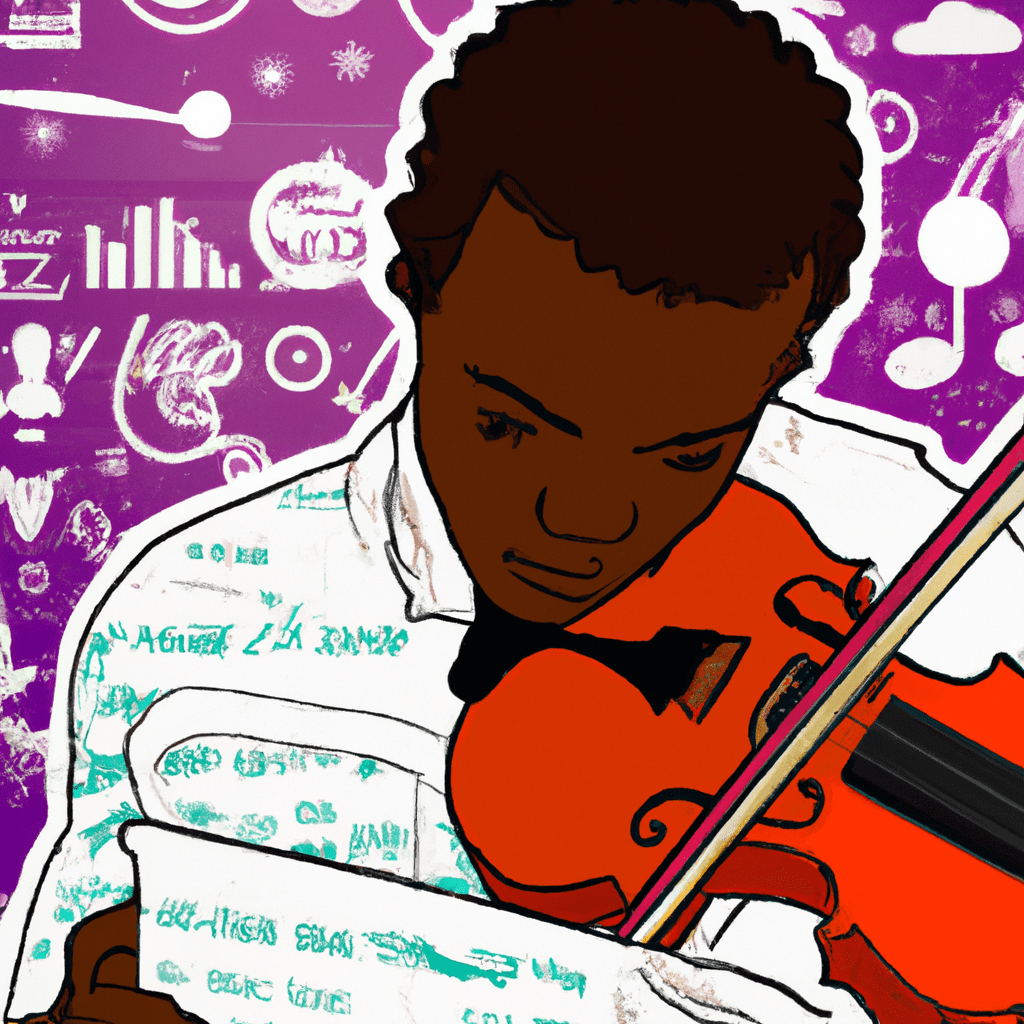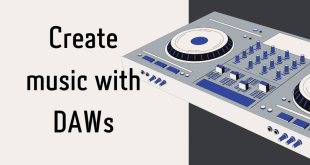Music education is an integral part of a well-rounded education. Music has the power to connect people, foster creativity, and enhance cognitive development. In this essay, we will explore the importance of music education in schools and how it can positively impact students’ academic and personal growth.

Enhancing Cognitive Development:
Music education can have a significant impact on cognitive development. Studies have shown that children who receive music education perform better in subjects such as math and reading. Learning to read music and playing an instrument requires attention to detail, concentration, and critical thinking skills. These skills are transferable to other academic subjects, leading to improved overall academic performance.
In addition, music education can enhance brain development. Research has shown that playing an instrument can increase gray matter volume in the brain, leading to improvements in memory, language processing, and spatial-temporal skills. These cognitive benefits of music education can have a lasting impact on a student’s academic and personal growth.
Fostering Creativity:
Music education can also foster creativity in students. Learning to play an instrument requires experimentation, problem-solving, and self-expression. Through music education, students can learn to express themselves creatively and develop a sense of individuality. This can lead to increased self-confidence and a greater sense of self-worth.
Furthermore, music education can expose students to different cultures and musical styles, expanding their worldview and promoting cultural understanding. This exposure to diverse musical experiences can also inspire students to explore their own creativity and develop their own unique musical styles.
Academic Benefits:
Studies have shown that music education can have a positive impact on academic performance. Learning music requires discipline and focus, which can translate to other subjects such as math and science.
Furthermore, playing an instrument or singing in a choir can improve memory, language development, and spatial-temporal skills.

Building Social and Emotional Skills:
Music education can also have a positive impact on students’ social and emotional development. Playing in a band or choir requires collaboration, communication, and teamwork. These skills are essential for success in any social or professional setting.
In addition, music education can provide a sense of community and belonging for students. Students who participate in music programs often develop strong bonds with their peers and teachers, creating a supportive and inclusive environment. This sense of community can also contribute to students’ emotional well-being and resilience.
Promoting Lifelong Learning:
Music education can also promote lifelong learning. Learning to play an instrument or sing requires discipline, perseverance, and a commitment to continuous improvement. These skills can translate to any area of life, promoting a lifelong love of learning and personal growth.
Furthermore, music education can provide students with a creative outlet throughout their lives. Learning to play an instrument or sing can be a source of relaxation, stress relief, and self-expression, providing a healthy way to cope with life’s challenges.
In conclusion, music education is an essential part of a well-rounded education. The cognitive, creative, social, emotional, and lifelong benefits of music education are numerous and can positively impact students’ academic and personal growth. By providing students with access to high-quality music education programs, schools can create a more inclusive, supportive, and enriching learning environment.
